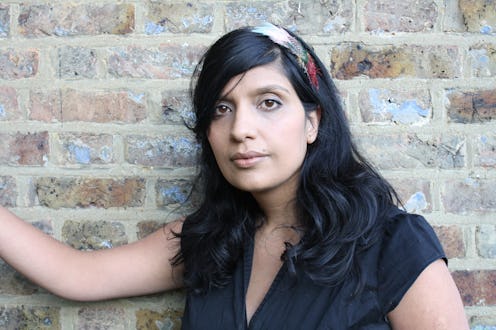Books
Watching Life and Making Film in 'The Village'

Ever feel like you’re just watching your life instead of living it? Nikita Lalwani’s new novel, The Village, gives that feeling a new dimension. Protagonist Ray Bhullar is Indian British woman working for the BBC, and film often seems more real to her than anything else.
Ray thinks in shots; she wants to capture everything she sees via film. Put anything beautiful or striking before her, and Ray will want to represent it, reproduce it, and share it as though is isn’t real to her unless she can transpose it onto a medium she understands.
Unfortunately, not everyone in Ray’s world shares her ethic for honesty in film. When Ray is given the chance to direct her own BBC documentary about a revolutionary "open prison" in India, she finds herself with a crew who are more interested in creating a good story than in understanding one. As Ray and her fellow filmmakers spend time living in the prison village and getting to know its inhabitants, Ray begins to feel less in control of her own life and more like an outsider.
The film motif in this novel allows for a lot of subtle critiques on and an original look at relationships between first and third world citizens. The book examines how privileged people look at the less fortunate, and what they see when they do. The issue is heightened by the fact that the people in the prison village are even less privileged than most people in India. Though the prisoners are allowed to have their families come live with them and can even leave the prison during the day to work off-site, they are still prisoners without much voice or control over their own lives. The contrast to the arrogant BBC film crew couldn’t be more glaring.
As a woman of Indian descent who has lived her whole life in the UK, Ray is between two worlds, trying to capture and understand them both. She is forever trying to figure out how those around her see her, from her fellow filmmakers to the prison guards to the prisoners themselves. She observes, but doesn’t know how to act. It’s a classic example of someone who watches life more than lives it, but here the tables are turned. At least Ray’s way is more open-minded than her assertive colleagues.
This is a deftly written novel, ideal for anyone who wants a compassionate look at modern India and a nuanced view of how the first world and the third world collide.